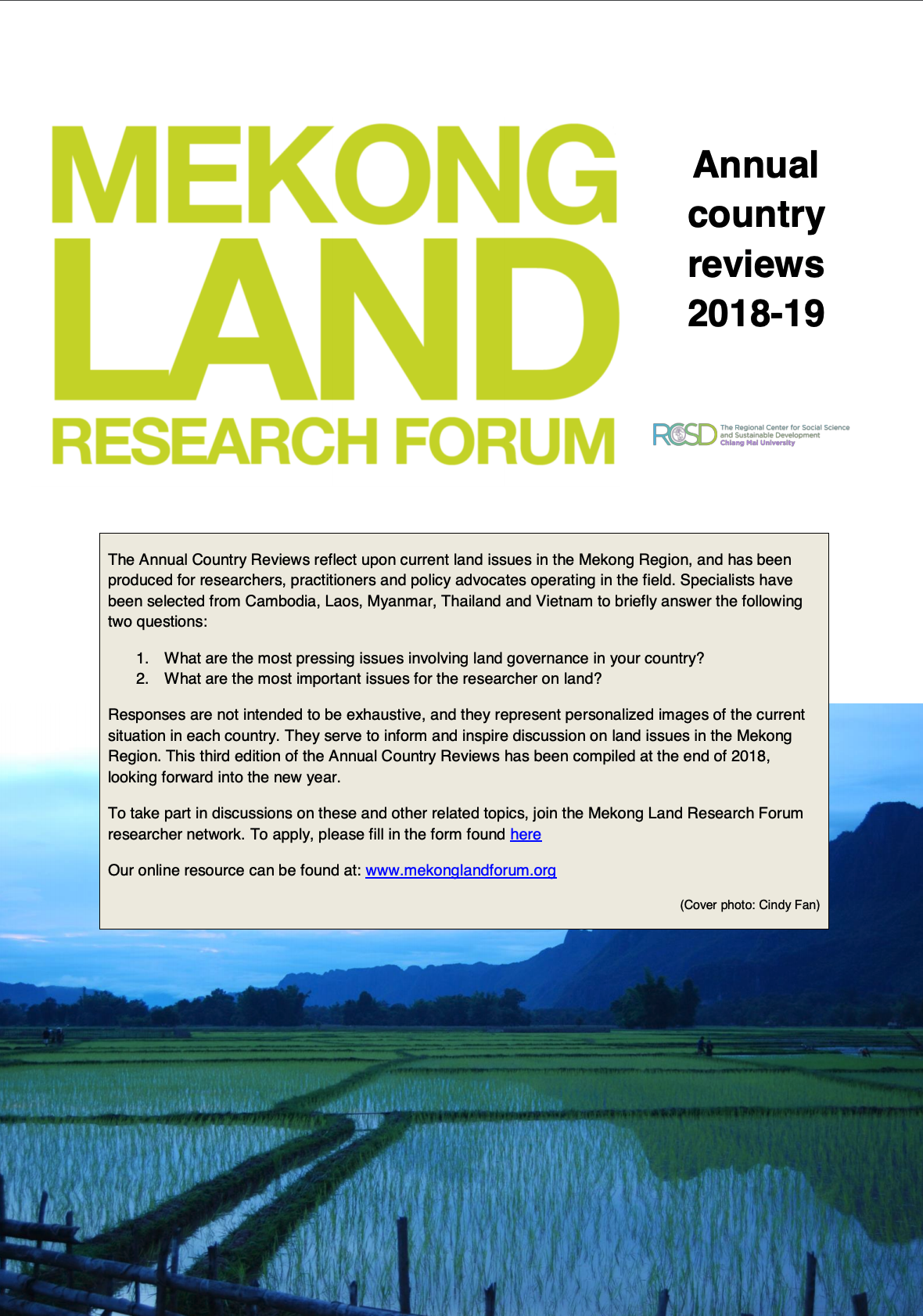Rural Livelihoods: Bibliographies
This section is divided into Key Documents, and References and Bibliographies for each of the following areas: General; Biodiversity and Environment; Land Tenure and Property Rights; Crops; Livestock; Fisheries; Forestry; and Water.



